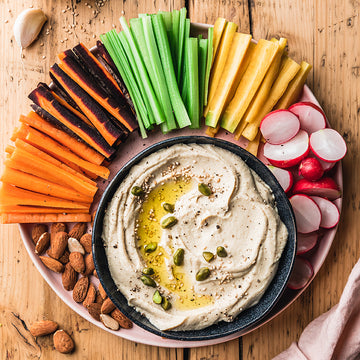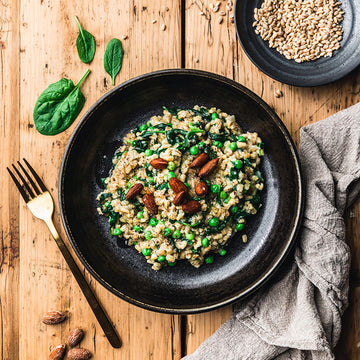Fasting is an ancient method of ridding your body of toxins and simultaneously boosting your metabolism and cell renewal. In addition to traditional therapeutic fasting, intermittent fasting is becoming increasingly popular - because it is much easier to incorporate into everyday life!
02.04.2024
in #Nutrition

The 16:8 method

Individual and flexible

What happens during intermittent fasting

The most common errors
